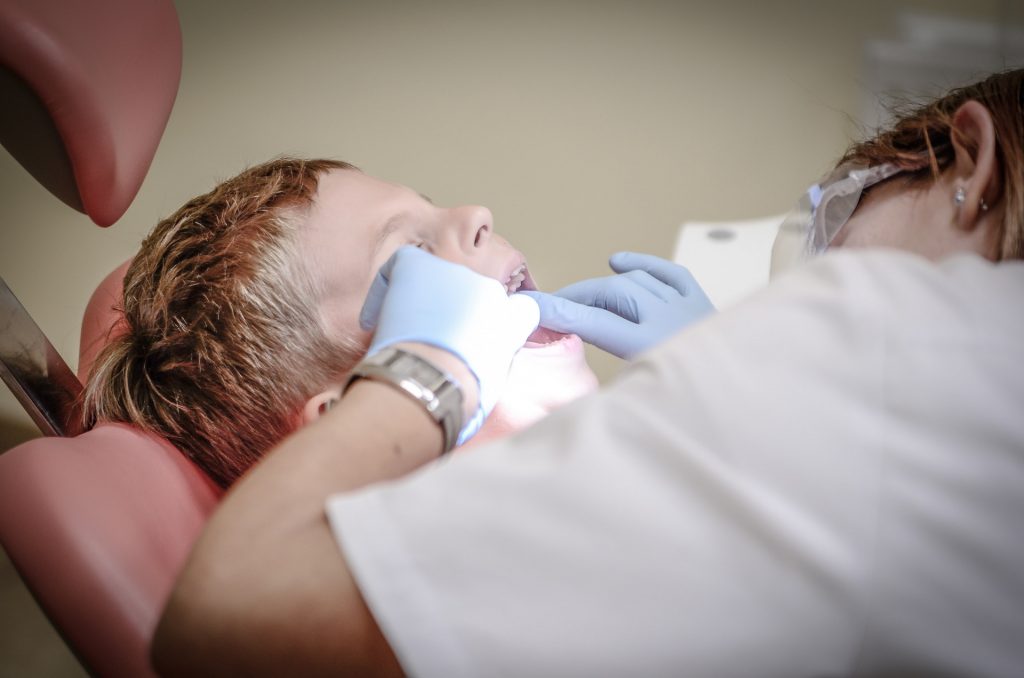
The relationship with patients and their doctors are important for the overall care that is given. Both parties need to work together so the results are positive.
However, the important of a doctor and patient relationship isn’t necessarily important just for the results, it is important for the comfort and confidence of the process being conducted. Too often you hear stories about horror trips to the doctor’s office, it is important that we put an emphasis on communication and relationship development.
Do you know the ways to encourage a healthy relationship between you and your patients?
Get to know patients.
Patients don’t like to be rushed. Don’t find yourself taking on too many patients, so you then have to rush everyone in and out quickly. This may lead to the patient feeling undervalued or even under-treated. Allow enough time in between patients so you can get to know the patients a little more each time. Don’t make their appointment a Q & A that is strictly medical based. Ask about their hobbies and things they enjoy to help you reach a closer connection to the patients. Address the patients by their first name not just their title and last name, this shows you remember who they are and took the time to say their name on a personal level. Establishing a rapport with each client can take you a long way in the end.
Be prepared for the appointment
Have a read over their files before they come into the room. Don’t ask them for information that has already been put into their file. Read it and know it already. This shows you are observant and interested in their problems and needs before they even tell you themselves. it also not only streamlines the process, but shows that you are an upmost professional who is never unprepared.

Listen
Patients want someone to listen to their problems or answer their questions. They want to discuss a plan of care, follow up appointments, symptoms and other topics that are important to them. Doctors don’t have time for lengthy conversations so scheduling a longer appointment here and there to talk longer to a patient can be beneficial to your relationship. Some patients need a little reassurance that everything will be okay and there is no need to worry, something to help settle any over the top nerves or anxieties.
Knowing what patients need
When you sit and talk to your patients, you can figure out in advance what they want and need before they suggest it. If you know through their history that someone is prone to getting the flu, you will be able to have some information ready about the vaccine or a list of things to help ease symptoms. This reaches the patient on a more positive level rather than waiting for them to tell you they are thinking about the vaccine. Make sure that a professional you trust your instincts and are confidence with your solutions, this also provides the patient with a certain level of trust, comfort and confidence.
Don’t forget to smile
Smile when it is appropriate like when greeting a patient or saying goodbye. It can be stressful seeing a doctor and worrying something serious is wrong so it can help when the doctor appears to be friendly, calm and approachable. A smile can defuse any nerves and allow anyone walking into your office or clinic to feel comfortable.
Direct them to others who can help.
Sometimes patients need to be referred to a specialist if there is a medical problem that the local doctor doesn’t have the training or knowledge for. Instead of handing the patients a piece of paper with a specialist name on it have a chat with the patient and explain why you are referring them to this doctor and your opinion of the doctor this can help patients to feel comfortable with the new doctor. An example of this may be if a patient comes to you with skin issues and you refer them to a skin doctor who may specialise in laser treatment, explain what laser treatment is to them and why it is that you can’t help them.

Provide education.
It patients have an illness they are not familiar with but need to see a specialist it can be helpful to direct the patients to reliable resources that can educate them more about the illness or treatment available. If they have come to you with a very common injury, speak to them on measures they can take towards injury prevention as well as educating them on the healthcare equipment they may need for recovery.
Provide them with information for support groups where they can seek advice from others in the same position.
Following up
Following up with patients is vital for a good relationship. It can only take a phone call or quick email to contact the patient and see how their procedure went or how they are coping with their symptoms.